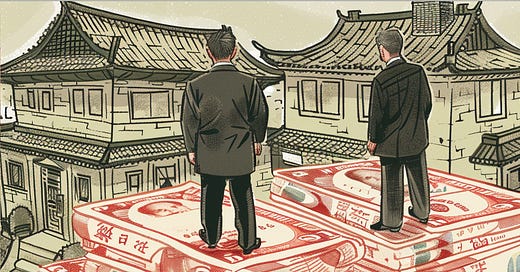China's state-owned enterprises told to buy old houses
A round-up of key economic and financial developments in China as of 28 May, 2024.
Keep reading with a 7-day free trial
Subscribe to China Banking News to keep reading this post and get 7 days of free access to the full post archives.




